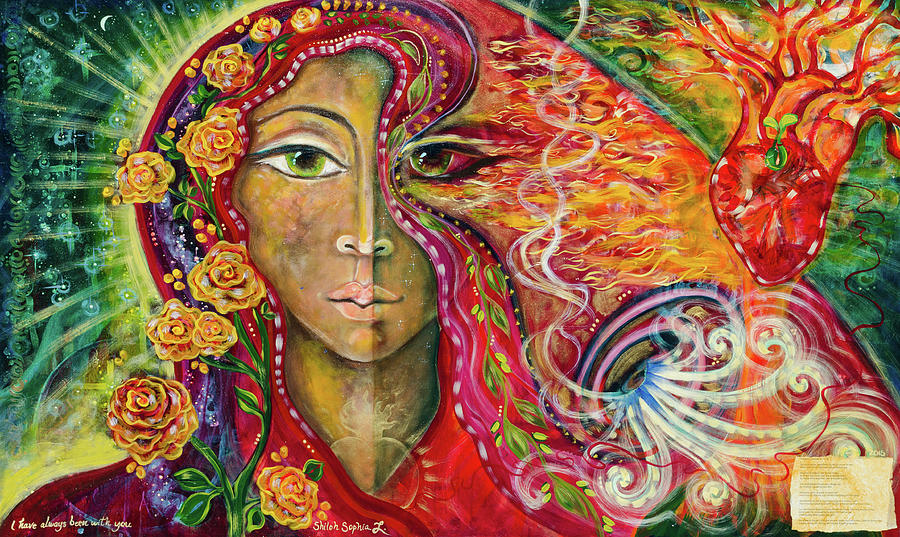
Up until the advent of pre and perinatal psychology and health, it was thought that giving babies and young children the added challenge of crying themselves to sleep, not soothing them when they’re hurt, and other human-induced early ordeals would make them more resilient, more capable, and more indenpendent.
The only thing was that the resilience, capabilities, and independence that grew out of this ethos produced people who had false strength. I say ‘false’ because underneath, these adults were (and some still are) actually compulsively driven, compensatorily competent, and intimacy avoidant adults. As children they learned what the adults wanted and became proficient at delivering these qualities because it was their best route to receiving acceptance and approval- not as compelling as love would have been, but better than nothing.
It’s been shown by many a researcher that true resilience, in the form of allowing a child to live by a pace within the range of their unique inborn biorhythms, nurturing their inborn gifts (and not only societally acceptable gifts) and allowing children to be soothed by their parents or caregivers when scared or tired produces adults with healthier bodies, a more integrated emotional life, greater compassion for others while keeping healthy boundaries, and greater capacity for satisfying intimacy (as rated by their partners too).
This whole pondering came to mind a month ago when I was asked two important question by an audience member at my book launch:
”Is birth getting crazier?” And, “Does birth trauma make us more resilient?”
I imagine that the woman asking the question was trying to reconcile something she’d seen or had done to her, mixed with the often misperceived modern notion that everything that comes our way is meant to be.
Answers to these important questions, or rather observations, flooded my head at the time, and for the sake of a tidy presentation, I chose not to answer them the way I would have liked. Had I risked the messiness a proper answer warrants, I would have talked about the at least two thousand year old inheritance of not trusting the body, especially the woman’s body, both a casualty of having left our reliance on nomadism and living in harmony with the great mother, the earth. I would have liked to share stories about how failures to grieve, not just difficult births, but unnurturing childhood events, and ancestral grievances before us, in the forms of migrations, wars, unnamed dead, unburied dead, loss of language, culture, and rituals, to name a few, were all a part of it. Even now, it would take weeks to tell these stories.
Short answer: Birth gets crazier the longer we forget what there is to grieve.
Children, and their mothers, fathers, and caregivers don’t get more resilient with birth trauma, they get hurt. Staying hurt makes a person seem more tough because they feel less and expect less. Healing birth trauma however, can make a person much wiser, more textured, supple, and yes, more resilient. Is it better to be hurt, heal, and have the depth of wisdom in your CV, or is it better to be nurtured and to use your life force to do what you’re here to do with less distraction?
I said to a friend the other day that I wouldn’t be the person I am today without the challenges I’ve faced in my life. I added that I also could have gotten the message I needed for my growth with far less insult. In other words, those who were the messengers of my troubles could have stopped way sooner.
This means to say, that we have a job to restrain the amount of hurt that goes out into the world. It means that all birth is hard, so let’s let it be hard in a natural way. For those of us who support birth, lets protect the birthing family from any extra hardness reaching them or lingering unnecessarily with them. Let birth inteventions be life saving, not overused, let’s make it up to babies and their parents by being there after for the decompression. We have to discharge the insult of harm if we are to feel and act whole. And when birth challenges turn out to be an expression of what came before birth, like the first month of pregnancy, the parents’ births or early experiences in the womb, even ancestors’ earlier experiences, let’s train people to have the skill, training, and courage to peer into the web within life’s rites of passages.
If we’re human, then we’ve got snags, ideally fashioned by the natural ordeals of life. So let’s partner with those natural forces by mustering kindness, gentleness, and protection as the other hand that gardens true resilience into this world.

